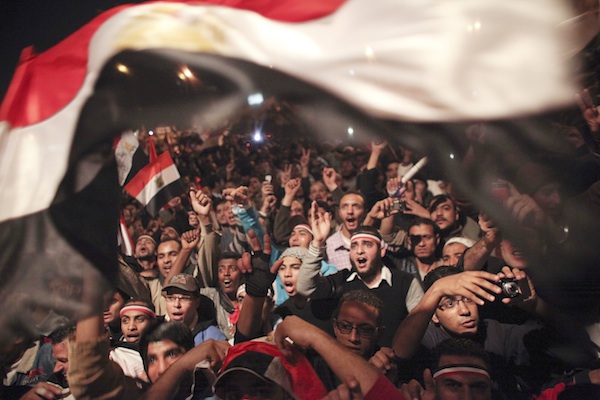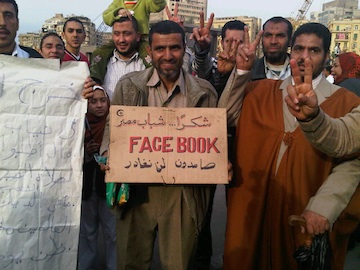Uwezo Tunao
JF-Expert Member
- Nov 14, 2010
- 6,942
- 1,190
- Thread starter
- #461
phpThumb.php
377 × 236 - Field Marshal Tantawi, see Day than vehicles
baladeyati.com
MWANAMME ALIYEANDIKA HISTORIA MPYA NA YA KIPEKEE KATIKA UKANDA WETU HUU HATA AKAKUBALIKA NA MATAIFA YA MAGHARIBI KUSHIKA DOLA!!!
Huyu ndiye jemadari wa vita mwenye Busara isiyo kifani KUKATAA KATAKATA kutumika kuua raia wa nchini mwake.
Mhe Said Mwema na viongozi wetu wengu tu wa vyombo vya usalama, kama mnaweza kusoma kitu toka kwa huyu mtu kwa sisi wananchi kucharukia dhuluma haitufanyi kuwa maadui wenye kustahili tu KIFO basi Tanzania nasi huenda tukawa na sababu kubwa sana ya kujivunia uwepo wenu.
Acha wananchi tutofautiane, tusukumani, tukosoane bila kuleta fujo lakini lengo letu sote Tanzania ilio njema zaidi japo tunafanya hivyo toka kwa MITAZAMO NA ITIKADI TOFAUTI TOFAUTI lakini hili lisifanye vyombo vya ulinzi na usalama kujiingiza na kuchukua upande huku wakiwakandamiza wengine.
Be ruthlessly NON-PARTISAN, Disciplined, Professional and realistic in all stages of your duties!!






